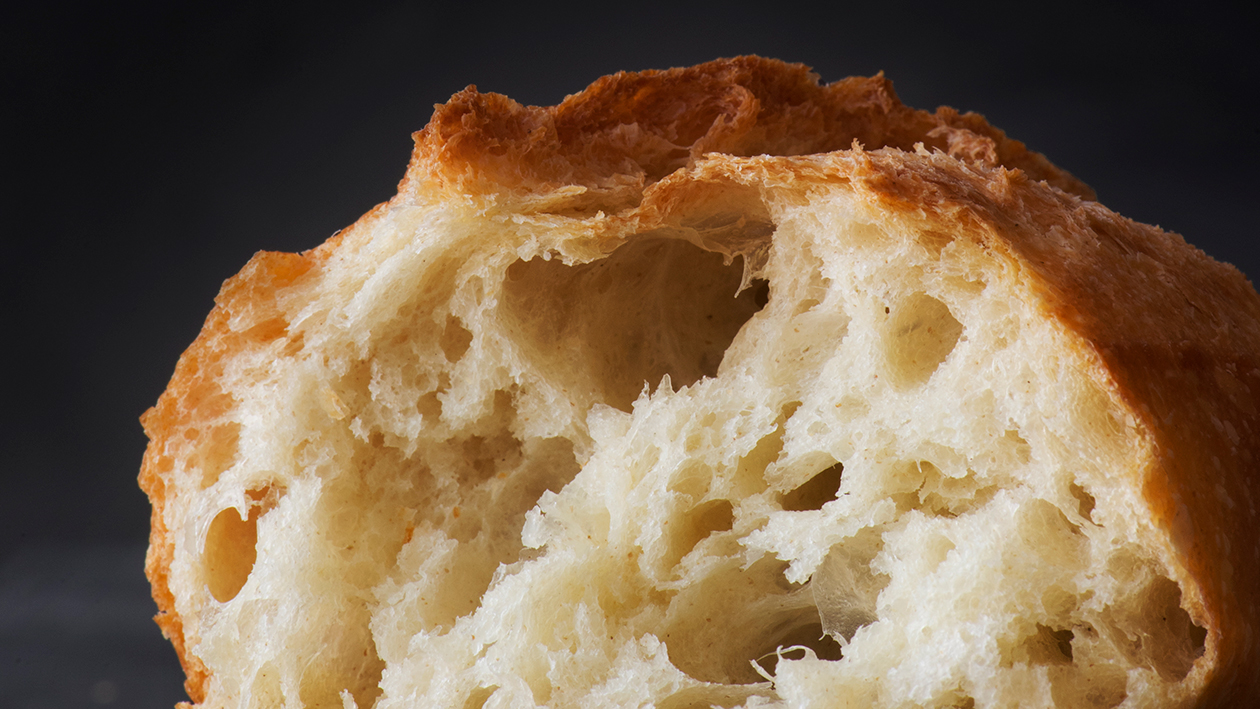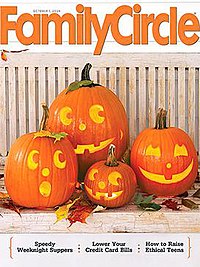(image borrowed from La Brea Bakery)
Ever wonder why high society is also considered the "upper crust"? Well in the days of feudalism when all the noblemen were gathered at the dinner table, the higher ranking people sat at the head of the table and the line would continue to go down to the lower class along the table. When these gatherings happened, yard-long loaves of bread were made and the honor of making the first cut when to the highest ranking person at the head of the table. He would then pass the bread down in order of rank, but kept the "upper crust" for himself.
I am no craving bread! Lol!
(image borrowed from Jay P. Greene's Blog)
Shift has gotten quite the story and meaning behind it. Those who were used to working during different blocks of time were called "shift workers". Shift can also apply to one's ability to adapt. So the opposite of that would be considered "shiftless" which would be a lazy, irresponsible person for they lack the resources to change with their circumstances. But then we have a "shifty" person who adept at change and that isn't someone you should trust!
(image borrowed from Wikipedia)
"Family circle" dates back to when the early Normans built an indoor fireplace in a semicircular open area. The family would sit in a semicircle opposite the one formed by the hearth which would create a complete circle. They would sit like this whether to keep warm at night or when the air was cool and spend time singing or telling stories. Hence, "family circle" and when neighbors came by to join them it would then be called "a circle of friends".
(image borrowed from CareerLancer)
"Freelance" dates back to the period between the fourteenth and sixteenth centuries when a knight with no allegiances to a kingdom would battle for the highest paying prince or king. They were called freelancers by authors in the nineteenth century and were similar to gunfighters in the American West. Now a freelancer is considered anyone who works independently.
That's rather interesting!
(image borrowed from Youtube)
Ever wonder why enthusiastic amateurs are called "buffs"? Firstly, to explain, someone with a keen interest in a subject outside their profession is called a "buff". The term was coined by New York firemen around 1900 when they were hindered by crowds at fires who either wanted to help or were just there to criticize. During the winter of that time, the coats by the spectators were made from buffalo hide and from that, the firemen got the term "buffs". It then became the term used to describer their amateur critics.
That was definitely new to me information!








No comments:
Post a Comment
Comments are an award all on their own! So my blog is an award free one! Thanks for any consideration though!